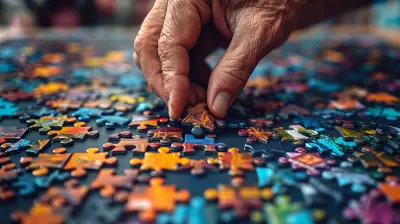The Growing Acceptance of Gaming in Mainstream Society
6 September 2025
Let’s be real for a second — gaming used to have a bit of a bad rap. Remember when people thought video games were just for antisocial teenagers hiding in dark basements living off energy drinks and leftover pizza? Yeah, not exactly a flattering image.
Fast forward to today, and things look wildly different.
Gaming has not only broken into the mainstream — it’s thriving, evolving, and shaping a new cultural norm. Whether it's streaming on Twitch, esports tournaments filling stadiums, or even your grandma slaying candy puzzles on her phone, gaming is now a regular part of everyday life for millions of people.
So, how did we get here? And what’s driving this massive shift in perception?
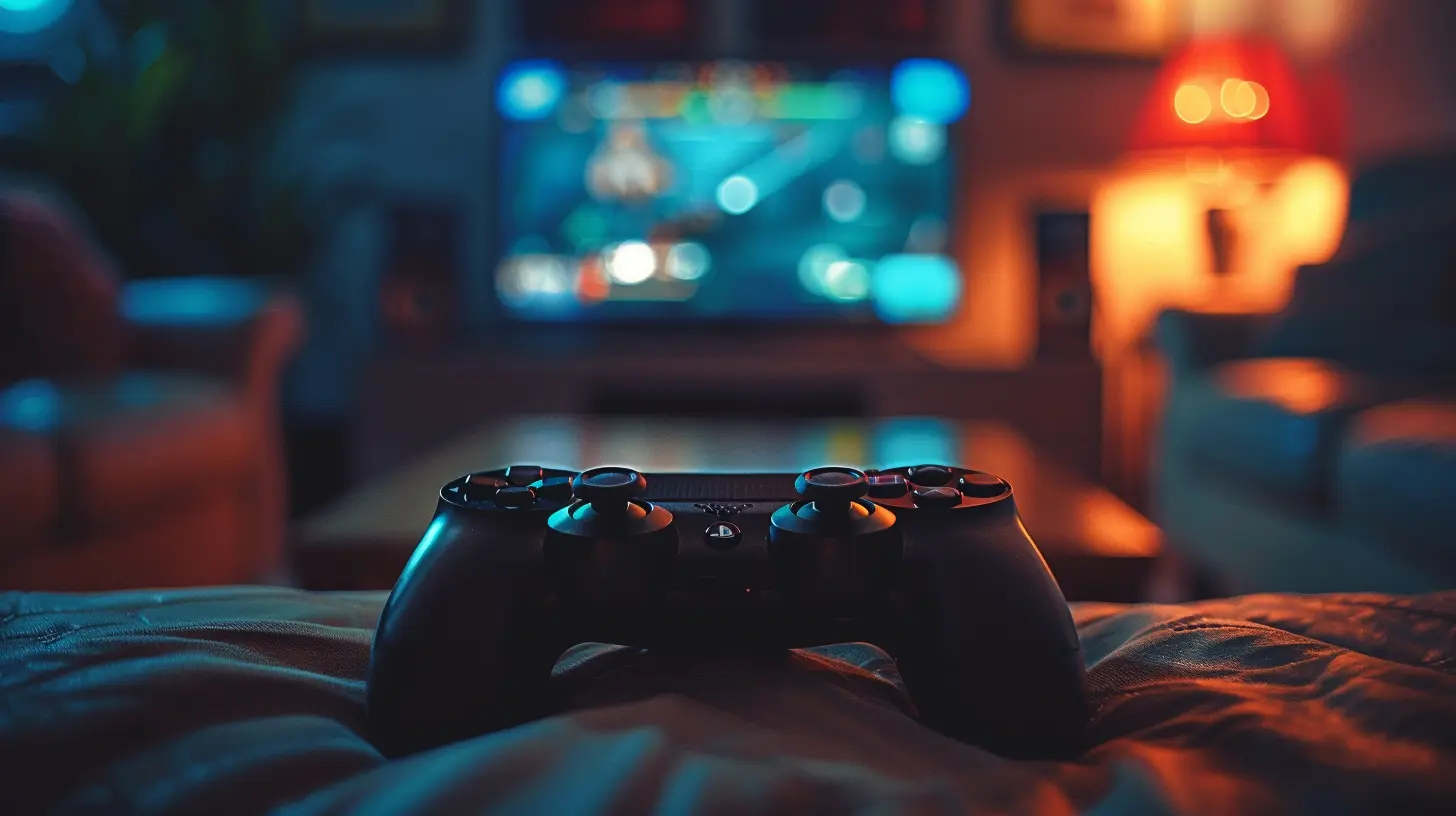
Gaming: No Longer Just a Hobby, But a Lifestyle
Let’s start with the basics. Gaming is no longer something people do “on the side.” For many, it’s a core part of their life — like working out, watching Netflix, or scrolling through Instagram.Why? Because games today are immersive, social, and super accessible. You don’t need hardcore gear or hours of free time anymore. You can dive into a 5-minute mobile game while waiting for your coffee or get lost in an open-world RPG on your console all weekend.
What’s more, games are a way to connect. People play with friends, join communities, and even date in the gaming world. It’s part of our digital social lives now.
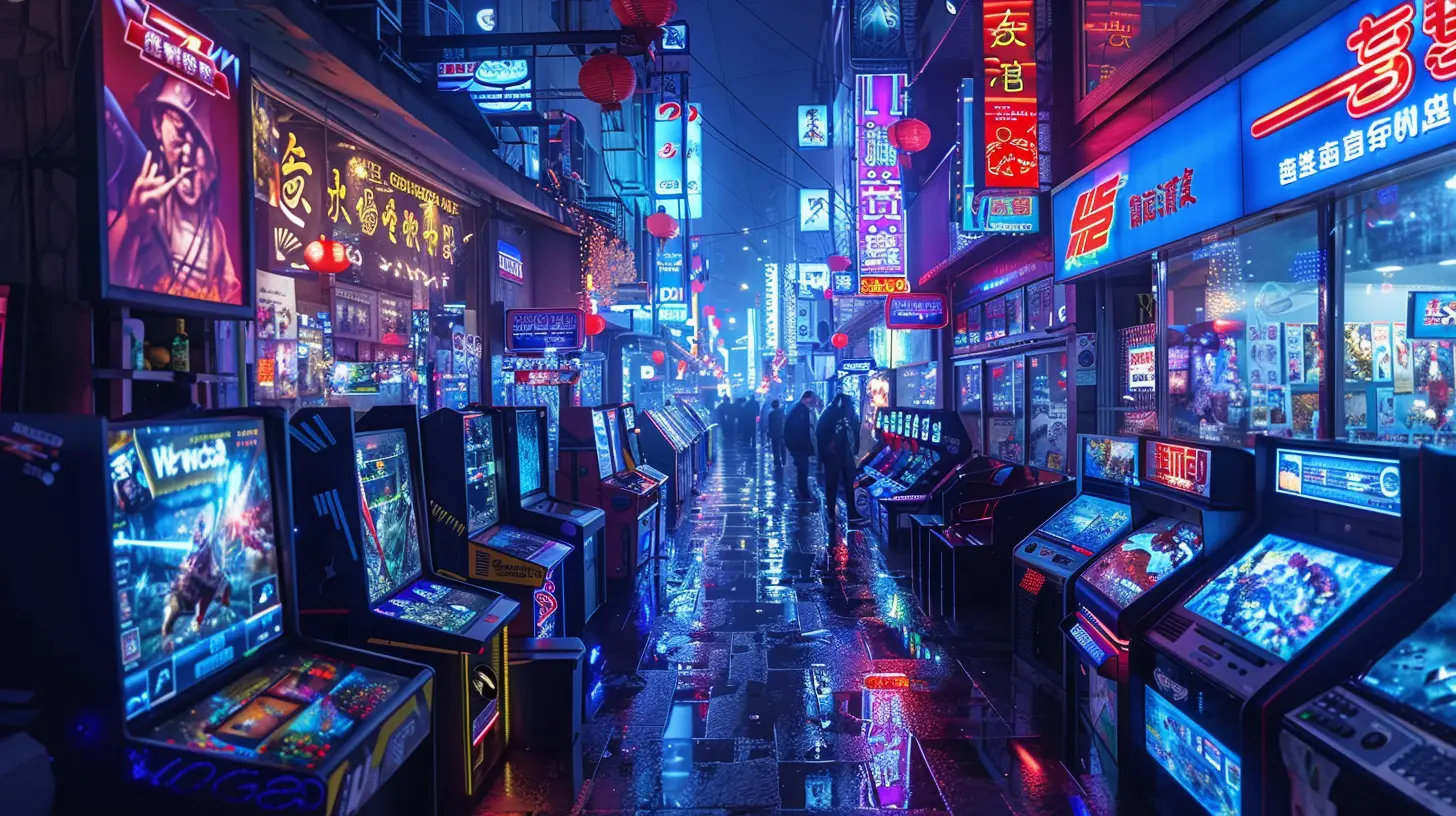
The Rise of Esports: Competitive Gaming Goes Pro
Remember the days when your parents told you gaming would never turn into a real job?Oops… guess they didn’t see esports coming.
Esports — or competitive video gaming — has exploded. We’re talking massive audiences (millions tuning in to tournaments), corporate sponsorships, and prize pools in the millions. These aren’t just “game nerds”; these are professional athletes with trainers, coaches, and fans.
Games like League of Legends, Dota 2, and Fortnite have become household names because of their massive influence in the esports scene. And with big brands like Coca-Cola, Nike, and even Mercedes-Benz jumping in, it's clear: gaming has serious market power.
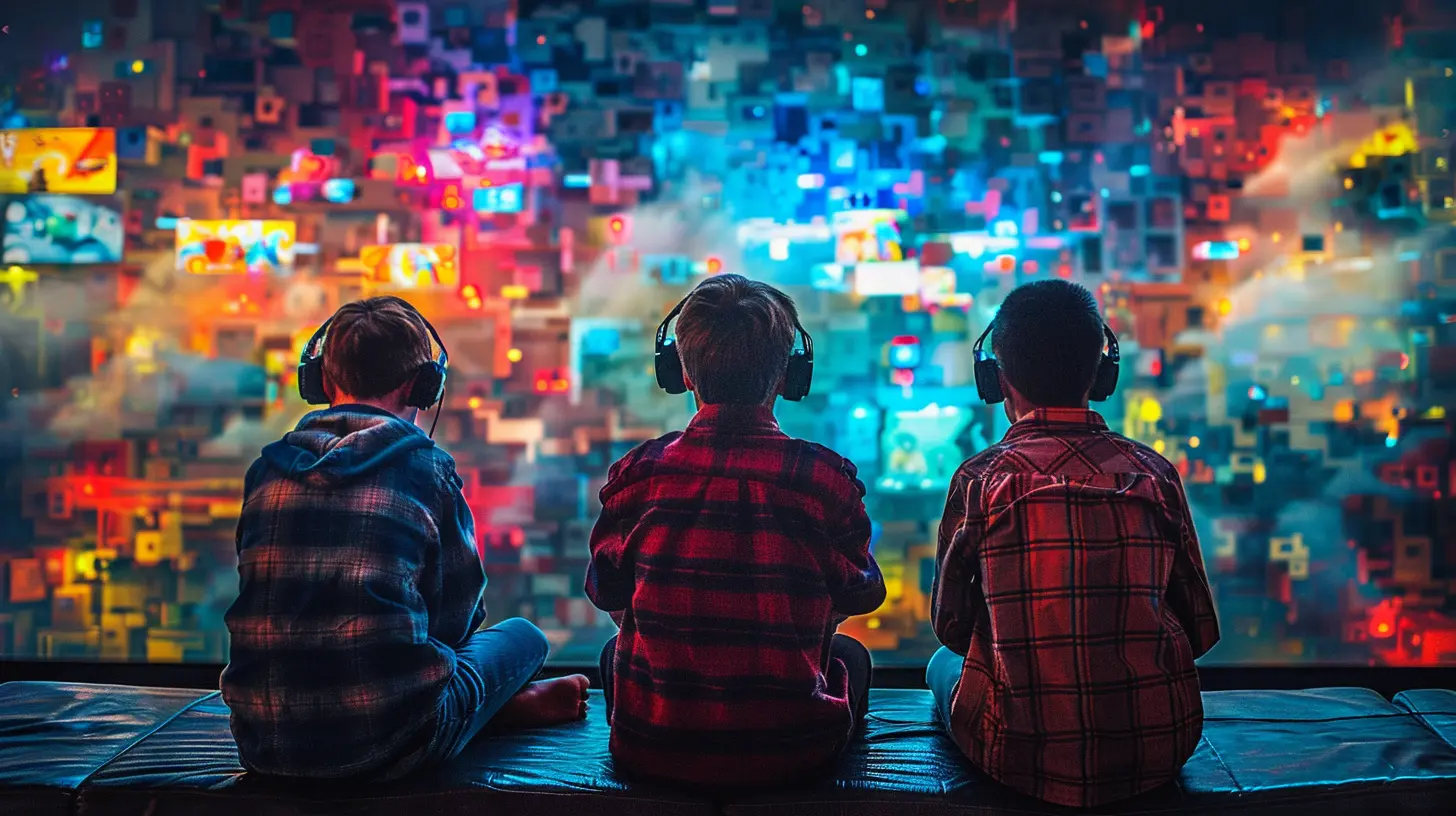
Game Streamers and Content Creators — The New Celebrities
YouTube and Twitch changed the game (pun definitely intended). Now, anyone with a personality, a decent mic, and a love for games can build a massive fanbase.Creators like PewDiePie, Valkyrae, and Ninja are more than just gamers — they’re influencers, entertainers, and cultural icons.
What’s even cooler? These creators are relatable. Unlike Hollywood celebs, they talk to their fans, share their lives, and build tight-knit communities. It’s like being part of an extended group of friends who all love the same stuff — and that’s powerful.
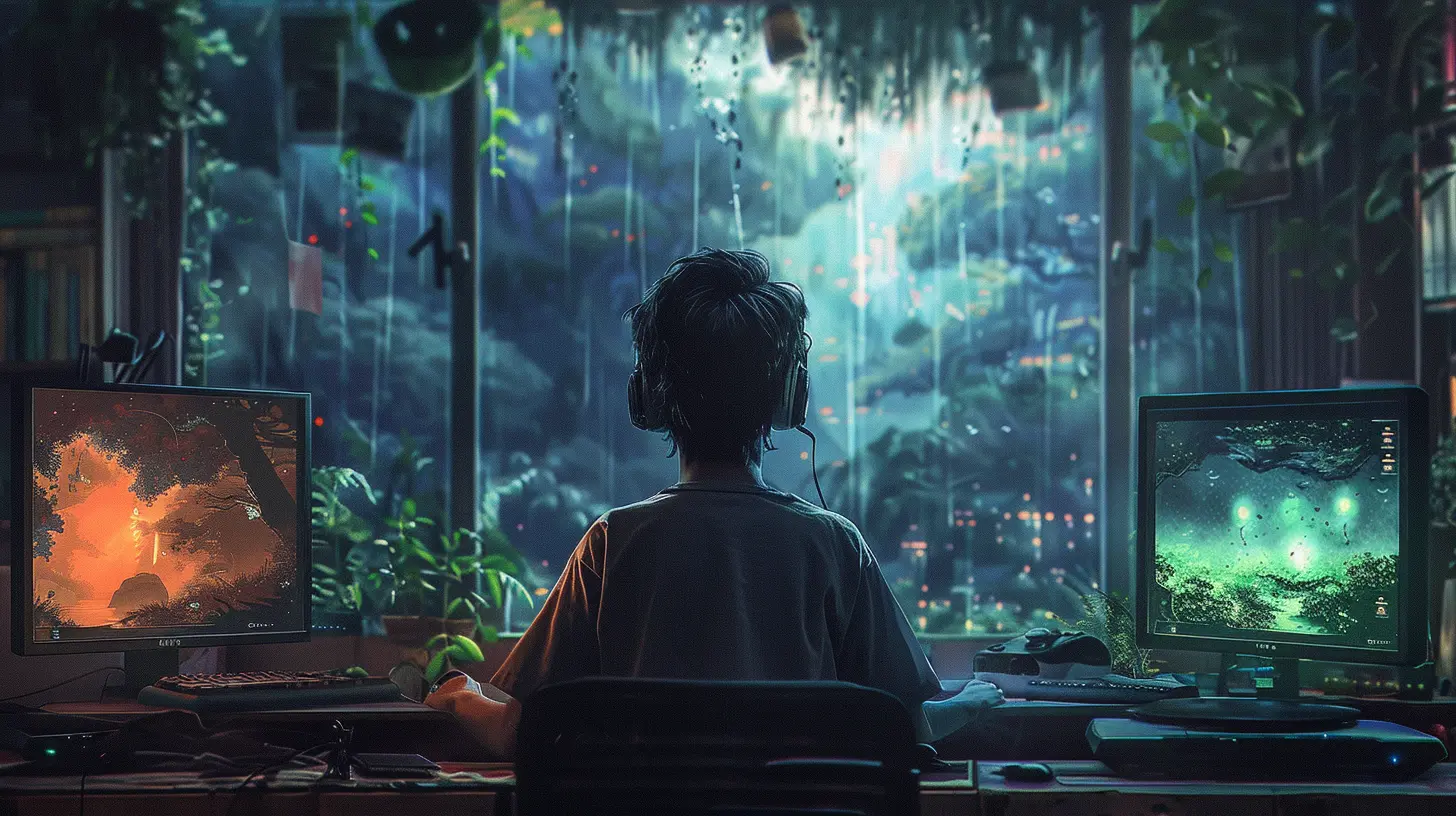
Gaming Is for Everyone Now — Yes, Literally Everyone
Gaming used to have this stereotype: young, male, and kinda socially awkward. That’s old news.Now? Gamers come from all walks of life. Young, old, men, women, non-binary folks, people from every culture and country — there’s a spectrum of players like never before.
Mobile gaming opened the floodgates. Games like Candy Crush, Wordle, and Clash of Clans made gaming accessible for people who wouldn’t call themselves “gamers” but still play every single day. That's huge.
And representation in games is (finally) improving. More characters of different races, backgrounds, genders, and identities are being featured. When games reflect real-world diversity, more folks feel seen — and that encourages even more people to join in.
The Pandemic Boost: Gaming Became a Lifeline
COVID-19 did a number on the world. Social lives vanished, work went remote, and boredom hit hard. But for many, gaming became a lifeline. It was a way to stay connected, blow off steam, and find some escapism during tough times.Animal Crossing: New Horizons launched at just the right moment. It gave people a cozy, colorful world to escape to — and it became a cultural phenomenon. Friends hosted in-game parties, people visited each other’s islands, and the game became therapy for millions stuck at home.
Gaming filled a void when the world shut down. And people who hadn’t played games in years (or ever) jumped in and stayed.
Hollywood, Music, and Brands: Everyone Wants In
Ever noticed how video game references are everywhere now?Movies and TV shows are regularly inspired by or based on games. Think The Witcher, Sonic, The Last of Us, and the Mario Bros. movie. And let’s not ignore how insanely well those have performed.
Even music artists are getting involved. Travis Scott literally held a concert inside Fortnite. (Insane, right?) And virtual concerts, in-game music drops, and collabs between artists and game developers? All part of the new normal.
Big brands are also cashing in. Louis Vuitton designed skins for League of Legends. Gucci made an Xbox. The crossover between fashion, tech, music, and games shows just how mainstream gaming has become.
Mental Health & Wellness — A New Frontier in Gaming
This one doesn’t get talked about enough, but it should.Gaming is often seen as just entertainment, but there's a growing awareness of how it can support mental wellness. There are games focused on mindfulness, stress relief, and emotional storytelling. Titles like Celeste, Gris, and Spiritfarer touch deep emotional themes that resonate with players.
And for those struggling with anxiety or depression, gaming can be a healthy outlet — offering companionship, structure, and a sense of accomplishment.
Plus, online communities can be more accepting and understanding than the ones people experience in real life. For lots of folks, their gaming clan really is their found family.
Educational Gaming: Leveling Up Learning
Parents used to say, “Turn off that game and do your homework.”But what if the game is the homework?
Educational games have seriously leveled up. From platforms like Minecraft: Education Edition to brain-training apps, more schools and educators are using games to teach math, science, history, and life skills in a fun, interactive way.
Gamification — using game elements in non-gaming settings — is also super popular now. Fitness apps reward you for steps, language apps like Duolingo use XP systems, and even job training programs use game mechanics to teach new skills.
Games are more than entertainment — they’re powerful learning tools, too.
The Science Sounds Off — And It’s Good News
Here’s something critics didn’t expect: science is backing gamers.Studies have shown that gaming can improve hand-eye coordination, problem-solving, multitasking, and even empathy. Some research suggests gamers outperform non-gamers in spatial awareness and decision making.
Of course, moderation is key (no one’s saying to game 12 hours a day). But the idea that games are inherently “bad” for you? That’s fading — fast.
What’s Next? The Future of Gaming in Society
So where do we go from here?One word: growth.
With the rise of virtual reality (VR), augmented reality (AR), and metaverse concepts, gaming is set to blend even more with our daily lives. Imagine attending weddings in VR, working in gamified environments, or even voting through interactive platforms.
Gaming is evolving from screens to spaces — a full-blown integration into how we live, work, and connect.
And with more inclusivity, accessibility, and creativity in game development, the future of gaming looks bright — and diverse.
Final Thoughts: It's About Time We Gave Gaming Its Due
So yeah, gaming's glow-up has been a long time coming.From being blamed for every kid’s bad grades to now being a celebrated and respected part of pop culture, gaming has truly arrived on the world stage.
It’s not just about leveling up in-game — it’s about how gaming has leveled up in real life.
Whether you’re a hardcore gamer, a casual player, or someone who just likes watching others play, one thing’s clear: gaming is here to stay. And honestly? It's never been cooler.
all images in this post were generated using AI tools
Category:
Game CultureAuthor:

Lana Johnson
Discussion
rate this article
1 comments
Monique Lee
Great article! It’s exciting to see how gaming is becoming a staple in everyday life. The blend of technology and creativity truly brings people together. Keep up the amazing work!
September 16, 2025 at 3:34 AM

Lana Johnson
Thank you for your kind words! I'm glad you enjoyed the article and share my excitement about gaming's role in our lives.
